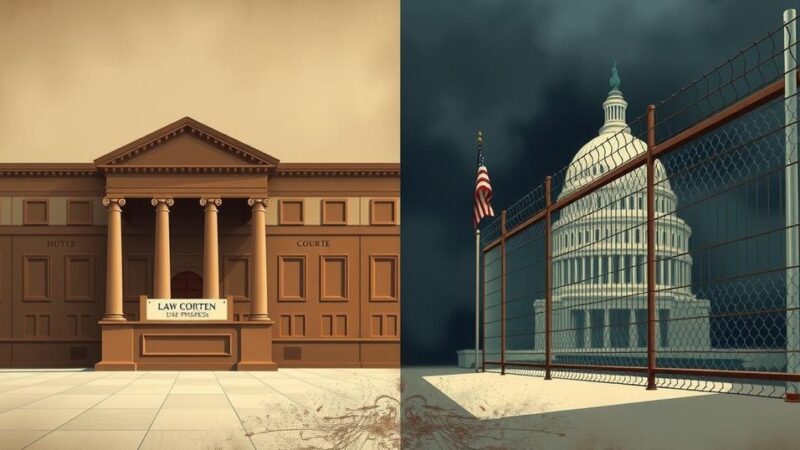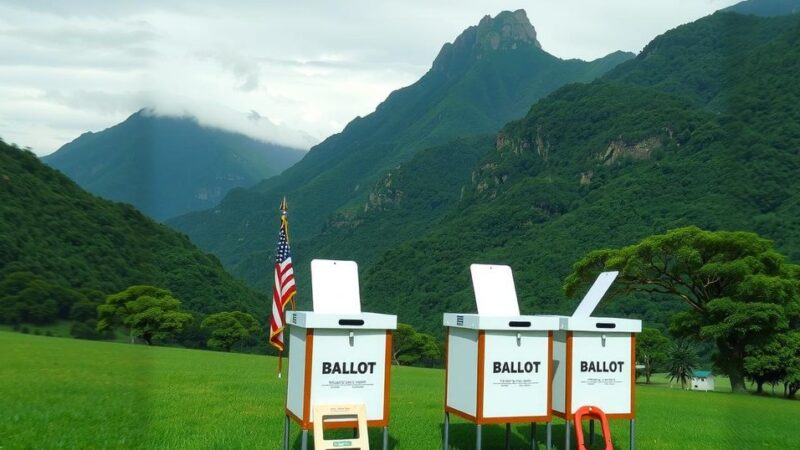Christian intellectuals in Chile have notably increased their presence in cultural discourse despite rising secularism. Most are under 40, engaging actively in various media and academic forums. They prioritize societal issues over traditional moral or economic arguments, fostering dialogue among diverse ideologies. Influenced by both local and international thinkers, these intellectuals strive to impact national discussions significantly.
The secularization trend in Chile has witnessed significant shifts, particularly among the youth. In 2012, approximately 64% of individuals under 35 adhered to some form of religion. However, by 2022, this figure had dramatically decreased to 36.4%, indicating a growing trend of disaffiliation from religious identities. Conversely, the sphere of culture has seen a notable rise in the presence of Christian intellectuals over the past fifteen years.
The emerging Christian intellectuals in Chile, most of whom are in their forties or younger, have established a prominent voice across multiple platforms, including traditional media, digital spaces, and especially radio, with comparatively less representation in television. Their activities extend to writing books, engaging in seminars, and participating in academic discussions.
These intellectuals differ significantly from previous generations who experienced the hardship of the Pinochet dictatorship. Their upbringing during Chile’s transition era has allowed them the freedom to express opinions without the divisions that plagued earlier political figures. Their communication style tends to be amicable, fostering dialogue with diverse ideological groups, particularly those on the new left and within social democracy.
Profoundly rooted in the Christian-social tradition, these thinkers emphasize societal issues, referencing the experiences of marginalized communities. Unlike traditional political arguments based on morality or economics, their discussions focus on the implications of policies on society’s framework. For instance, in discussions of abortion, they highlight the consumerist logic entwined with extreme capitalism rather than solely focusing on moral implications.
Their discourse addresses a variety of contemporary issues affecting Chileans, such as immigration, security, housing, and demographic challenges. However, they tend to avoid framing these discussions as “cultural battles.” The intellectual community includes individuals like Pablo Ortúzar, known for his provocative style, while others maintain a more conciliatory approach, always engaging with varying perspectives.
Their Christian identity is deeply lived rather than culturally performed, and they draw from a vast array of intellectual traditions. While Tocqueville’s work resonates with many, their shelves also include texts by diverse thinkers such as Raymond Aron, Chantal Delsol, and Hannah Arendt, alongside classic philosophers like Aristotle and Locke. Two Chilean intellectuals have notably influenced their perspectives; Gonzalo Vial, who predicted Chile’s social crisis, and Pedro Morandé, whose work emphasizes the significance of oral culture and the Latin American identity.
Prominent figures in this intellectual movement include Daniel Mansuy, a professor and political columnist who gained recognition for his well-received book on Salvador Allende, which appealed to various political factions. Young historian Josefina Araos has also made her mark with her analytical work on populism. Others, such as Manfred Svensson and Matías Petersen, delve into diverse topics, including political philosophy and social sciences, further enriching the intellectual landscape.
These thinkers often collaborate within think tanks that have surfaced in recent years, with the Institute of Society Studies being the most recognized. It engages in extensive research and contributes to timely intellectual discussions by publishing works of both renowned and emerging authors.
Additionally, the young organization IdeaCountry supports university students, enhancing public service vocations through various programs, and establishes a substantial media presence. On the other hand, Res Publica emphasizes conservative liberal ideologies, engaging youth nationwide while maintaining an active role in public discourse.
Many of these intellectuals participate in the “New Culture” program at the Universidad de los Andes, offering scholarships aimed at nurturing public intellectuals across Latin America. The experiences of Chilean Christian intellectuals underscore the necessity of active involvement in national discussions and highlight the importance of integrating academic research with media participation for societal impact.
In summary, the emergence of Christian intellectuals in Chile presents a dynamic shift in the cultural discourse amidst a backdrop of increasing secularization. Their thoughtful engagement across diverse issues illustrates a commitment to fostering dialogue while addressing significant societal challenges. Drawing from a rich intellectual tradition, these thinkers advocate for a public presence that intertwines academic inquiry with active participation in media, setting a precedent for future discourse in Latin America.
Original Source: www.omnesmag.com






